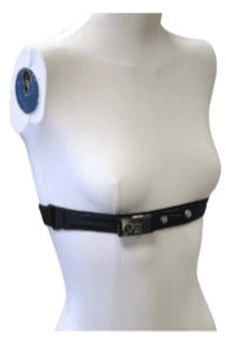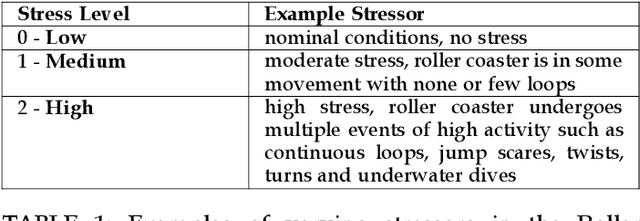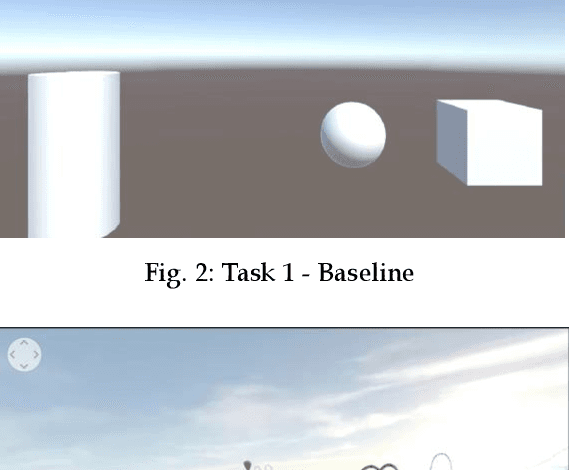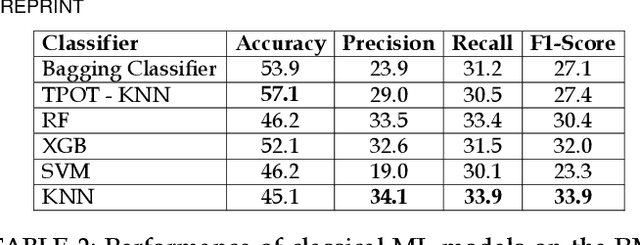Suha Rabbani
Multi-level Stress Assessment from ECG in a Virtual Reality Environment using Multimodal Fusion
Jul 09, 2021



Abstract:ECG is an attractive option to assess stress in serious Virtual Reality (VR) applications due to its non-invasive nature. However, the existing Machine Learning (ML) models perform poorly. Moreover, existing studies only perform a binary stress assessment, while to develop a more engaging biofeedback-based application, multi-level assessment is necessary. Existing studies annotate and classify a single experience (e.g. watching a VR video) to a single stress level, which again prevents design of dynamic experiences where real-time in-game stress assessment can be utilized. In this paper, we report our findings on a new study on VR stress assessment, where three stress levels are assessed. ECG data was collected from 9 users experiencing a VR roller coaster. The VR experience was then manually labeled in 10-seconds segments to three stress levels by three raters. We then propose a novel multimodal deep fusion model utilizing spectrogram and 1D ECG that can provide a stress prediction from just a 1-second window. Experimental results demonstrate that the proposed model outperforms the classical HRV-based ML models (9% increase in accuracy) and baseline deep learning models (2.5% increase in accuracy). We also report results on the benchmark WESAD dataset to show the supremacy of the model.
 Add to Chrome
Add to Chrome Add to Firefox
Add to Firefox Add to Edge
Add to Edge